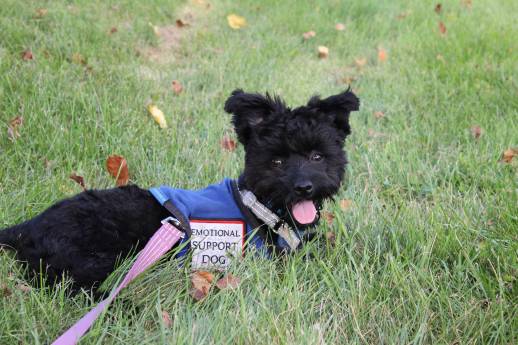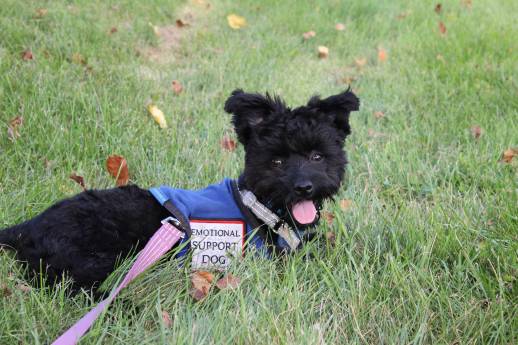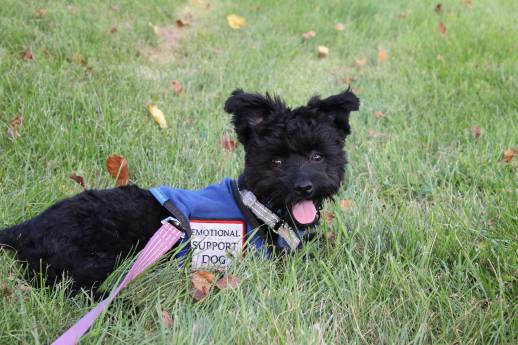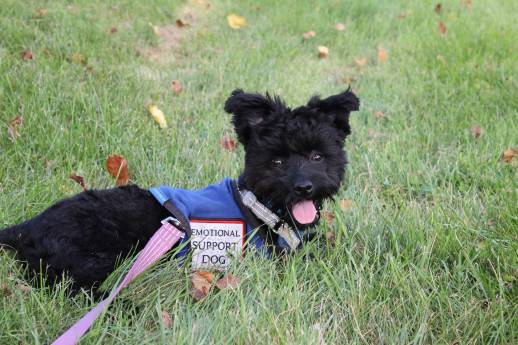Emotional support animals are considered assistance animals. While not giving physical support, these animals provide emotional support for those who have disabilities. Emotional support animals help people feel loved and safe. They also relieve loneliness and can help people who are depressed and anxious.
We help people get the proper documentation to make their pet an official Emotional Support Animal. Online approval in minutes - Housing & Travel letters.
Emotional support animals are becoming more popular as people have started to seek out the companionship of these animals. People with disabilities can have anxiety when they go out in public and the presence of an emotional support animal can help to alleviate this anxiety.
Service animals are also considered assistance animals, even though they are more highly trained and have specific jobs to do. These animals have been trained to perform specific tasks that make their owner’s life easier.
These tasks may include picking up dropped items, alerting their owner of impending danger, retrieving medication, or performing other similar duties. Service animals are often allowed in places where emotional support animals are not.
When considering the type of animal that one should have as an emotional support animal it is important to look at the purpose for which the animal is being used.
While some people may choose to have a therapy dog in their home for therapeutic purposes, others may want a companion animal that can help them cope with depression or anxiety. When making this decision it is important to understand what each type of animal can and cannot do.
We help people get the proper documentation to make their pet an official Emotional Support Animal. Online approval in minutes - Housing & Travel letters.
A note about terminology: Service animals are sometimes referred to as “assistance animals” and emotional support animals are sometimes referred to as “therapy animals.” These terms are not interchangeable.
While both service and emotional support animals can provide some therapeutic benefits, they serve different purposes.
The term “therapy animal” is typically used when referring to an animal whose primary function is to provide comfort and companionship for people with disabilities. The term “assistance animal” is typically used when referring to an animal whose primary function is performing tasks for the benefit of an individual with a disability.
If the animals have been recognized as emotional support animals or service animals, the owners have the right to travel with them on planes. They may also have these animals accompany them into private residences.
Service animals have fewer restrictions on where they can go compared to emotional support animals, even though both are considered assistance dogs.
This is because service animals are more highly trained and therefore more trusted to behave in public. The owners of service animals also usually really need their animals’ assistance to function in daily tasks.

Julie
Julie is a graduate of the University of North Carolina, Wilmington, where she studied Animal science. Though contrary to the opinion of her parents she was meant to study pharmacy, but she was in love with animals especially cats. Julie currently works in an animal research institute (NGO) in California and loves spending quality time with her little cat. She has the passion for making research about animals, how they survive, their way of life among others and publishes it. Julie is also happily married with two kids.
Review symptoms, medications & behavior to keep your pets healthy with a Vet Online in just minutes.
Ask a Vet Live Now




